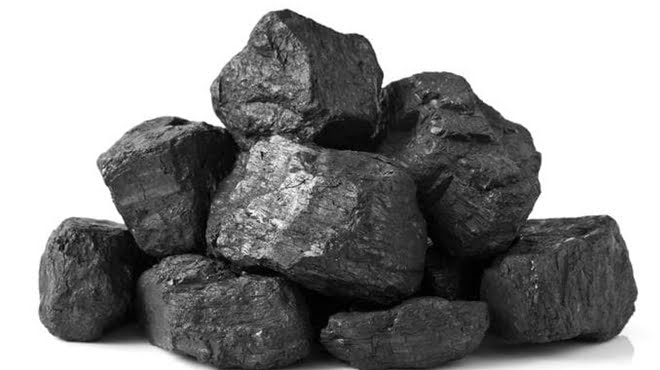A new report recently published by the University of Cape Town’s Energy Research Centre shows that government’s planned independent power producer coal plants – Thabametsi and Khanyisa – are set cost South Africa an additional R19.68 billion in comparison to a least-cost energy system.
Thabametsi and Khanyisa are the preferred bidders under the first bid window of the coal-baseload independent power producer (IPP) programme.
According to the report the two coal IPPs are not needed to meet South Africa’s medium-term electricity demand. It states that where future capacity is needed, this could easily be met more cheaply by other electricity sources such as wind, solar, and flexible gas generation.
Gregory Ireland of the university’s Energy Research Centre (ERC) says the new coal IPPs are excessively expensive and polluting, and crowd out other cheaper, cleaner, and more flexible alternatives.
“They would increase costs in the electricity sector unnecessarily, in circumstances where we already have a large surplus of generation capacity”, Ireland notes.
Increased greenhouse gas emissions
The new plants would also increase greenhouse gas (GHG) emissions by 205,7Mt CO2eq over the 30 year period of the power purchase agreements, and negate most of government’s emission mitigation plans, including the vast majority of the expected savings of the entire Energy Efficiency Strategy to 2050.
They would further impact South Africa’s commitments under the Paris Agreement, raising the costs of mitigation dramatically and requiring significant GHG emission cuts elsewhere in the electricity sector and in other sectors.
Not in the public interest
Robyn Hugo, head of the Centre for Environmental Rights’ Pollution and Climate Change programme, says a least-cost IRP does not require new coal-fired power stations to be built, so the coal IPPs make no sense. “Spending an additional R20 billion on two new coal IPPs would not be in the public interest.”
The coal plants are required to commence operating by December 2021, but numerous required licences and authorisations are outstanding and/or are currently being challenged in the High Court by the Life After Coal Campaign. Neither project has reached financial close yet.















